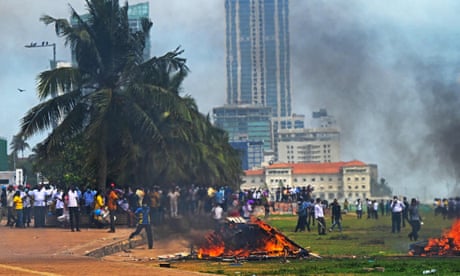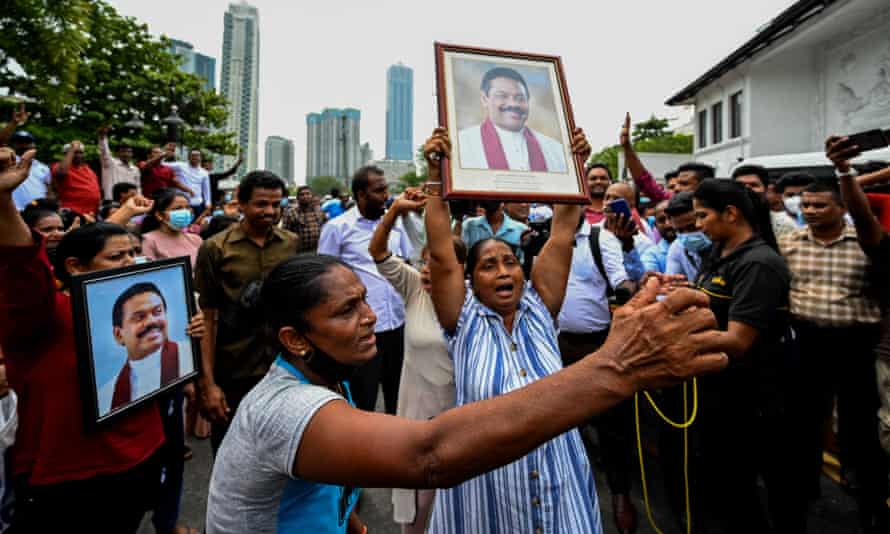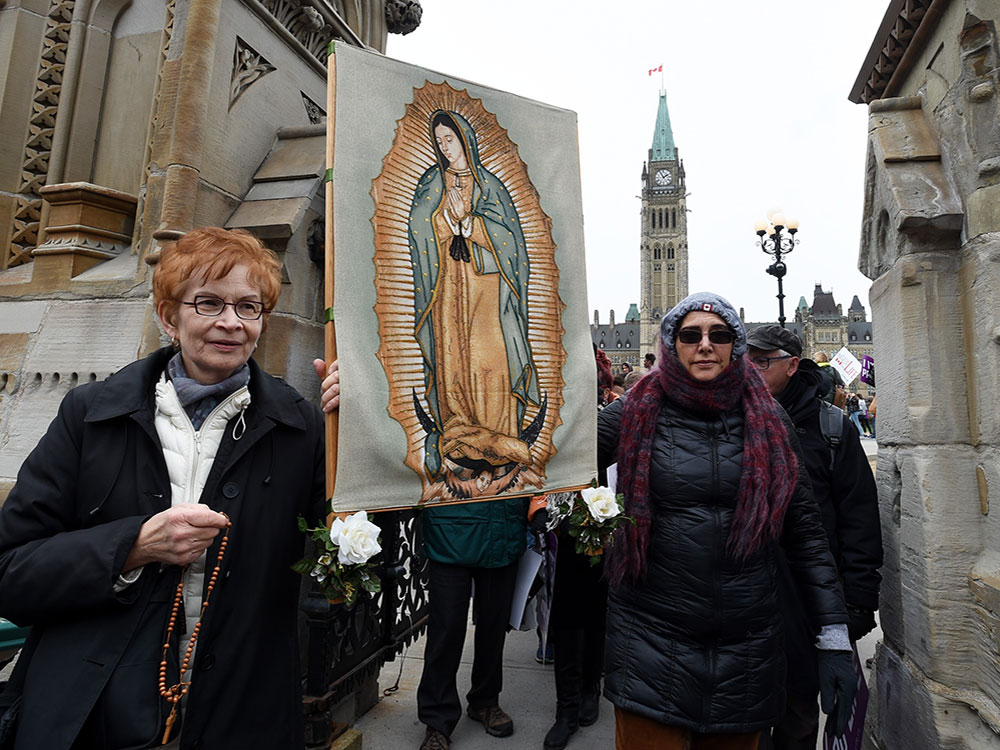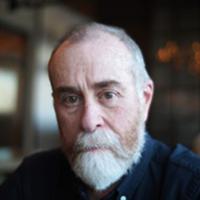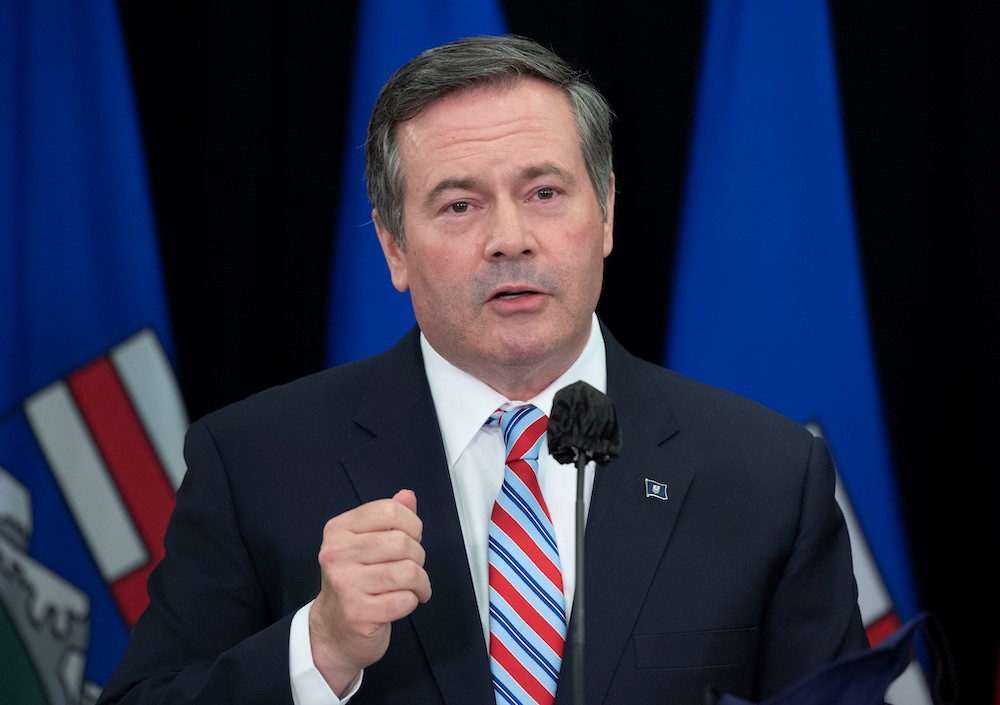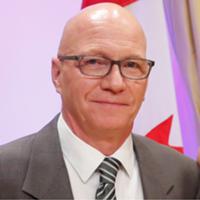
Yoon Suk-yeol is a political novice who shot to public attention as a prosecutor for his uncompromising investigations into some of the country's most high-profile corruption scandals (AFP/JUNG YEON-JE) (JUNG YEON-JE)
Claire LEE
Mon, May 9, 2022
South Korea's incoming president Yoon Suk-yeol is a political novice who shot to public attention as a prosecutor for his uncompromising investigations into some of the country's most high-profile corruption scandals.
He looks set to take the world's 10th-largest economy in a different foreign policy direction -- vowing to abandon years of delicate diplomacy and get tough on North Korea.
After winning a close election by the narrowest margin ever, he has already backed off his most controversial pledges on the campaign trail -- including abolishing the Ministry of Gender Equality.
But his lack of legislative experience could prove costly as he faces a Democratic Party-controlled National Assembly that will likely scrutinise his policies.
Born in Seoul in 1960, Yoon studied law and went on to play a key role in convicting former president Park Geun-hye for abuse of power.
As the country's top prosecutor in 2019, he also indicted a top aide of outgoing President Moon Jae-in over fraud and bribery in a case that tarnished the administration's upstanding image.
This brought Yoon to the attention of the conservative opposition People Power party, which began courting him. He eventually won the party's primary and became its presidential candidate.
Yoon became the conservatives' "icon" because he was "seen as the best person to beat the Democratic Party candidate, despite his lack of political leadership experience," Gi-Wook Shin, a sociology professor at Stanford, told AFP.
"That does not bode well for Korean democracy as we may expect further polarisation," he added.
- Adversarial politics -
South Korean politics is famously adversarial, analysts say, where presidents serve just a single term of five years.
Every living former leader has been jailed for corruption after leaving office.
Despite his role in Park's ousting, Yoon fired up support among disgruntled conservative voters by offering a chance at "revenge" against Moon -- going so far as to threaten to investigate Moon for unspecified "irregularities".
Even Yoon's wife claimed his critics would be prosecuted if her husband won because that is "the nature of power", according to taped comments released after a court battle.
This suggests "he and his spouse are more than willing to engage in retaliatory legal investigations into political opponents", Keung Yoon Bae, a Korean studies professor at Georgia Institute of Technology, told AFP.
The outgoing administration's last order of business was to pass a reform bill stripping prosecutors of some of their power, in a move widely seen as a bid by officials to avoid being targeted after leaving office.
Local media have reported that Yoon is particularly inspired by British wartime prime minister Winston Churchill.
Despite his limited experience in politics, Yoon still managed to "consolidate support of a huge chunk of the country's elite", Vladimir Tikhonov, professor of Korean studies at the University of Oslo, told AFP.
- Pre-emptive strike? -
On nuclear-armed North Korea, Yoon has threatened a pre-emptive strike if needed, a claim analysts say is wildly unrealistic.
Just last month, North Korean leader Kim Jong Un said he would take measures to develop "the nuclear forces of our state at the fastest possible speed", in what analysts said was a response to Yoon's hawkish stance.
Yoon also once said he wants to buy an additional THAAD US missile system to counter the North, despite risks that it could prompt new economic retaliation from China, South Korea's biggest trade partner.
His "lack of political skill will spill over to the foreign policy realm", Minseon Ku, a political science scholar at the Ohio State University, told AFP.
So far, Yoon's camp "looked as though they were simply copying and pasting foreign policy phrases from the US Republican presidents' speeches," she added.
He also made a string of gaffes on the campaign trail, from praising one of the country's former dictators to belittling manual labour and Africans.
"The next presidency is coming at a time of transition for the world," especially following the Russian invasion of Ukraine, Karl Friedhoff of the Chicago Council on Global Affairs told AFP.
"That will mean making tough challenges about trade-offs that South Korea hasn't had to make in the past. Is Yoon up to that task?"
cdl/ceb/qan
Yoon Suk-yeol sworn in as South Korea's new president
Posted : 2022-05-10

President Yoon Suk-yeol takes the oath of office during his inauguration ceremony at the National Assembly Plaza in Seoul, May 10.
President Yoon Suk-yeol took the oath of office Tuesday, vowing to rebuild the nation on the foundation of a liberal democracy and market economy, while offering to revive North Korea's economy with an "audacious plan" should it take steps to denuclearize.
Yoon made the remarks in his inauguration address at the National Assembly Plaza, outlining various challenges facing the country and the world from pandemics and rearrangements in global supply chains to record-low growth and rising unemployment here at home.
"It is our generation's calling to build a nation that espouses a liberal democracy and ensures a thriving market economy, a nation that fulfills its responsibility as a trusted member of the international community, and a nation that truly belongs to the people," he said before some 41,000 people gathered at the ceremony, noting that he was mindful of his "solemn duty to rebuild this great nation."
Yoon said he was looking forward to working together with other nations to resolve common challenges and stressed the importance of defending political and economic freedoms to ensure their success.
"We, as global citizens, must make a stand against any attempt that aims to take away our freedom, abuse human rights or destroy peace," he said.
Yoon also offered North Korea an olive branch amid its increased saber rattling.
"While North Korea's nuclear weapon program is a threat not only to our security and that of Northeast Asia, the door to dialogue will remain open so that we can peacefully resolve this threat," he said.
"If North Korea genuinely embarks on a process to complete denuclearization, we are prepared to work with the international community to present an audacious plan that will vastly strengthen North Korea's economy and improve the quality of life for its people," he added.

President Yoon Suk-yeol's inauguration ceremony is held at the National Assembly Plaza in Seoul, May 10. Yonhap
Yoon's inauguration marks the start of a tough battle to avert an economic crisis, win the cooperation of an opposition-controlled National Assembly and rein in an increasingly menacing North Korea.
Yoon kicked off his five-year term at midnight in the underground bunker of the new presidential office building in Yongsan by receiving a briefing from the Joint Chiefs of Staff.
To usher in the new administration, a bell-ringing ceremony was held at the stroke of midnight in downtown Seoul.
The inauguration ceremony was attended by 41,000 people, including foreign envoys such as U.S. second gentleman Douglas Emhoff and Chinese Vice President Wang Qishan, a gathering of a size that was impossible until recently due to COVID-19 restrictions.
Following the ceremony, Yoon will head straight to the new presidential office he fought hard to launch as a demonstration of his will to draw closer to the public.
Cheong Wa Dae, the former presidential office built on a majestic compound at the foot of a mountain, was viewed by Yoon as a "symbol of imperial power."
2022-05-10 09:00 | Politics
The incoming government has championed "economic security" amid the growing competition between the United States and China to secure supply chains in batteries, semiconductors and other key sectors.
The threat of North Korea's nuclear and missile programs looms larger than ever, as the isolationist nation appears set to carry out a seventh nuclear test as early as this month, shortly after North Korean leader Kim Jong-un threatened to proactively use nuclear weapons, rather than possessing them only as a war deterrent if anyone attempted to violate the country's "fundamental interests."
Both economic security and North Korea are expected to feature high on the agenda of Yoon's first summit with U.S. President Joe Biden in Seoul, May 21.
Biden's visit, set for May 20 to 22, will come only 10 days after Yoon takes office, and their planned meeting will mark the earliest-ever Korea-U.S. summit to take place following a South Korean president's inauguration.
Yoon also faces the daunting task of repairing deeply fractured ties with Japan.
During the campaign, he indicated his determination to build a future-oriented relationship with the neighboring country despite unresolved disputes over wartime sex slaves, forced labor and territory stemming from Tokyo's 1910-45 colonial rule of the Korean Peninsula.
Last month, he sent a policy consultation delegation to Japan with a letter for Japanese Prime Minister Fumio Kishida.
With China, Yoon faces a tough balancing act, as Beijing's cooperation is key to reining in North Korea's nuclear ambitions and maintaining a robust bilateral trade relationship, while the president has pledged to deploy additional units of the U.S. THAAD antimissile system in South Korea ― a major irritant for Beijing ― and seek South Korea's gradual entry into the Quadrilateral Security Dialogue, a U.S.-led forum regarded as countering China's rise.

President Yoon Suk-yeol delivers his inauguration address during a ceremony at the National Assembly Plaza, May 10. Yonhap
On the domestic front, Yoon faces a hostile National Assembly controlled by the main opposition Democratic Party.
With 168 out of 300 seats, the DP has delayed confirmation procedures for Yoon's Cabinet nominees, forcing the new government to hold its first Cabinet meeting this week with several members of the outgoing administration.
The legislative hurdles were demonstrated clearly in the transition team's decision to postpone its government reorganization, including whether to keep Yoon's campaign promise to abolish the Ministry of Gender Equality and Family.
With the June 1 local elections only weeks away, the new government also wants to avoid a scenario where Yoon's ruling People Power Party loses the elections or the seven parliamentary by-elections being held concurrently so early in its term.
On Sunday, Yoon's election rival, Lee Jae-myung, declared an earlier-than-expected comeback to politics by announcing a run for one of the parliamentary seats up for grabs in the by-elections.
Yoon's popularity ratings have been just around 50 percent, one of the lowest levels for a president-elect, which underscores the deep political divisions in South Korean society.
Until a little over a year ago, Yoon, 61, was the nation's top prosecutor with a reputation for conducting high-profile investigations into powerful figures, such as former President Park Geun-hye and former Justice Minister Cho Kuk.
The probes earned him the wrath of first the conservatives and then the liberals. In the end, it was the conservatives who summoned him into politics and elected him into the top office, marking the first time the government had changed hands between liberals and conservatives after a single, five-year term.
The gap between Yoon and his main rival was a mere 0.73 percentage points. (Yonhap)

